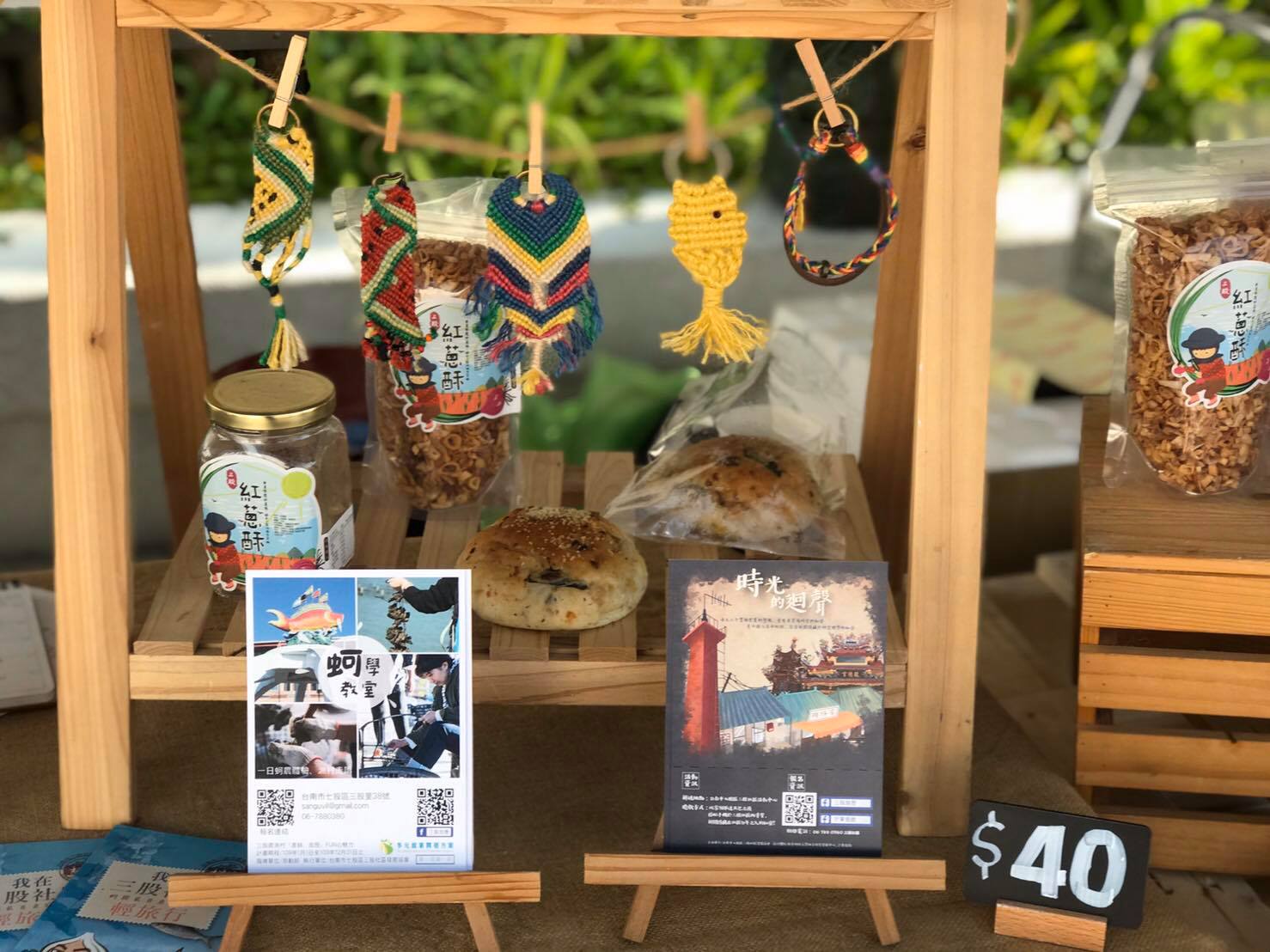In recent years, small farmers' 'food power' is on the rise. More and more people enjoy visiting markets. Specialty markets of national parks allow the general public to be in close contact with eco-friendly agriculture, so that it becomes a greater part of their daily life!
Changing the Farming Methods to Protect the Unique Cultural Landscape and Ecological Environment of Tsaoshan
The 'Footprints in the Fields' Market is one of the outcomes of the promotion of eco-friendly agriculture by the Yangmingshan National Park Headquarters. In 2019, the Yangmingshan National Park Headquarters invited the Tse-Xin Organic Agriculture Foundation to join the guidance team for eco-friendly agriculture. Many farmers have followed since then.
The project has been ongoing for about two and a half years. The Yangmingshan National Park Headquarters has called out to farmers to participate in the 'Footprints in the Fields' Market to publicize the fruits of farmers' hard labor as well as to encourage the public to support eco-friendly agriculture.
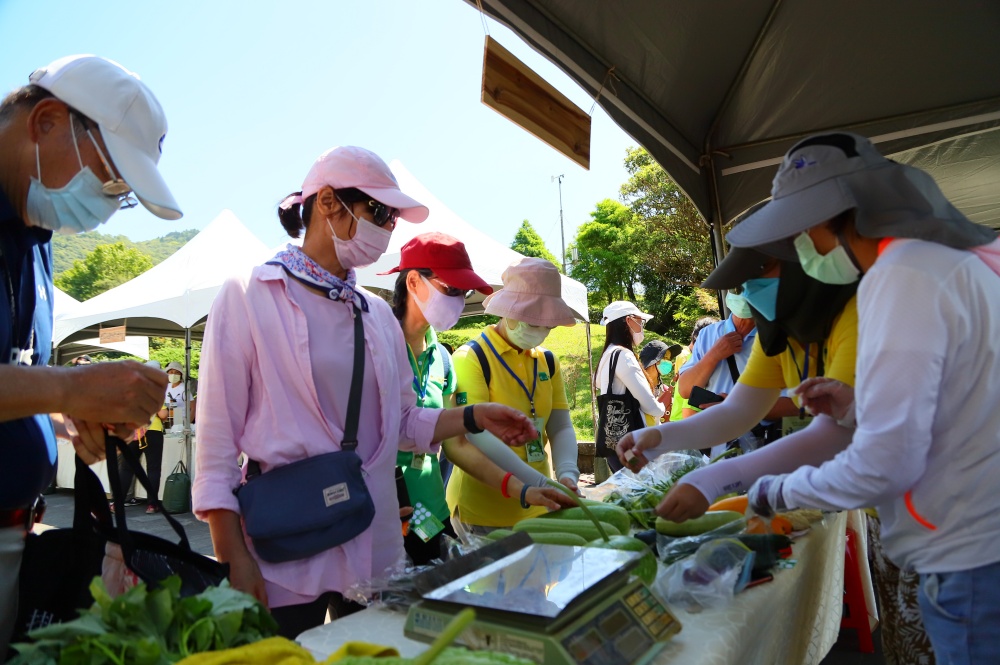
The market has been suspended twice across its history. The biggest challenge is to figure out what to sell. Since products are all seasonal, after some adjustments, 15 stands sell healthy processed agricultural products that are easy to preserve and carry.
Beauty of the Taijiang Wetlands: Market Visits/Eco-Tours to Get to Know Agricultural, Fishery and Salt Products
Taijiang National Park is only 30 minutes away from downtown Tainan. It is famed for its salt pans, wetland ecology, and cultural history. In particular, the wetland environment has given rise to unique local industries.
In order to allow the general public to get closer to the local lifestyle, the Taijiang National Park Headquarters has organized holiday markets since the end of 2019 in hopes of converging communities to promote agricultural, fishery and salt products, handmade products, and tours and experiences.
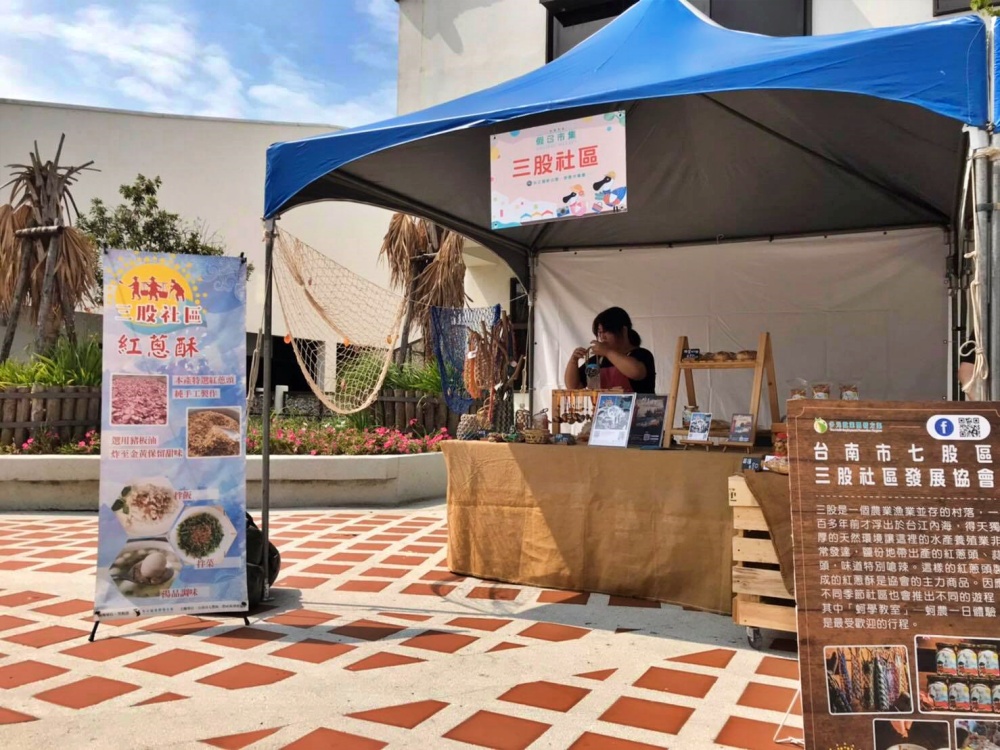
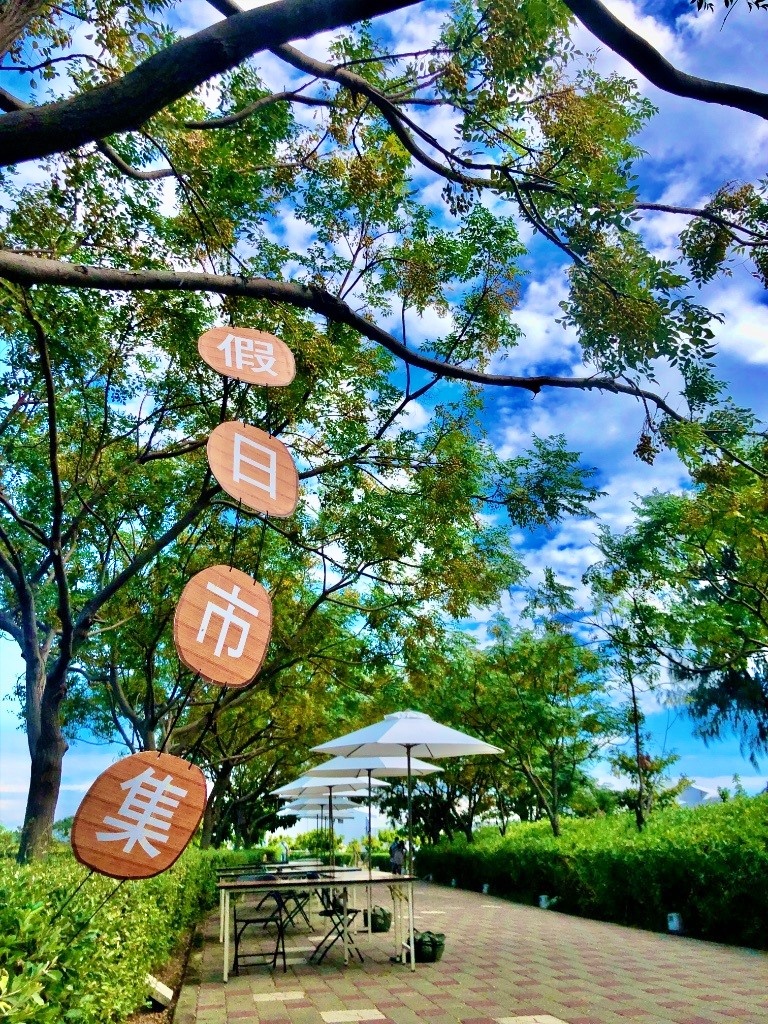
The Taijiang National Park Headquarters stated that the Chengxi, Yantian, and Sangu Communities are all filled with wonders and many amazing people lead low-key lives within. Even chairmen of community development associations and chiefs of villages are experts in crop cultivation and fish farming. The communities are ideal for parents and children learn about the relationship between the land and food ingredients while having fun. The focus of the activities lies in increasing opportunities for publicizing community highlights.
The Chengxi Community has developed products such as watermelon sponges and milkfish ball soups as well as launched low-carbon eco-tours such as 'planting melons with Watermelon Chung' and 'Raising Fish with the Village Chief'.
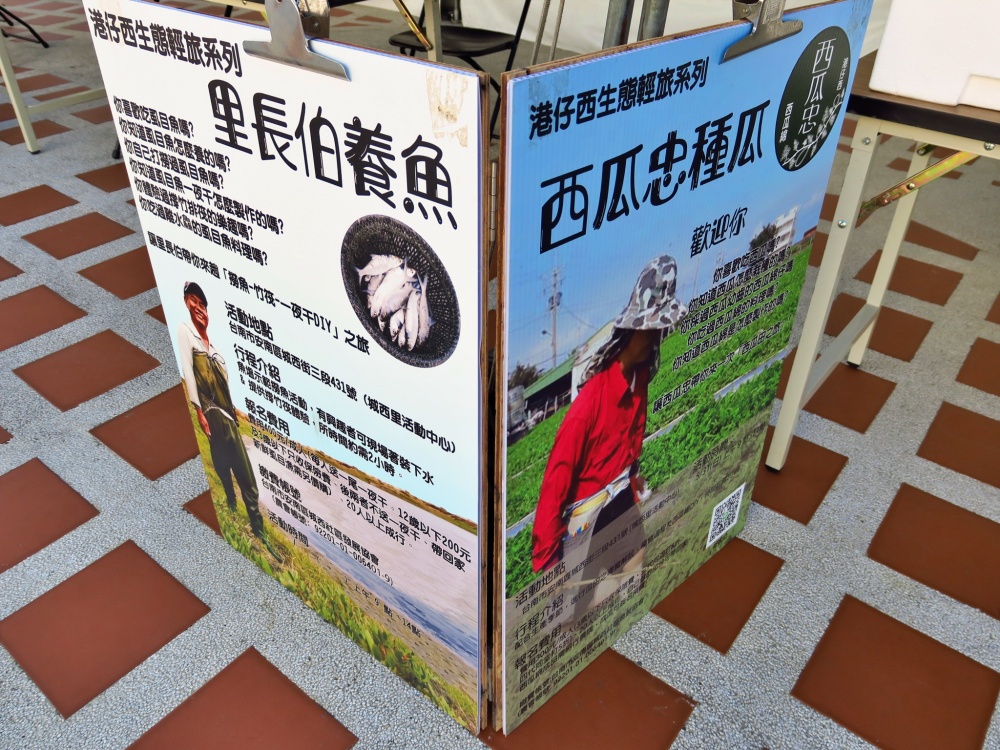
The Yantian Community has traditional tile-paved salt pans with a long history. In addition to products such as crude salt, fine salt, and fleur de sel, its leisure areas that serve the purpose of outdoor natural and ecological education tie well with ecotourism.
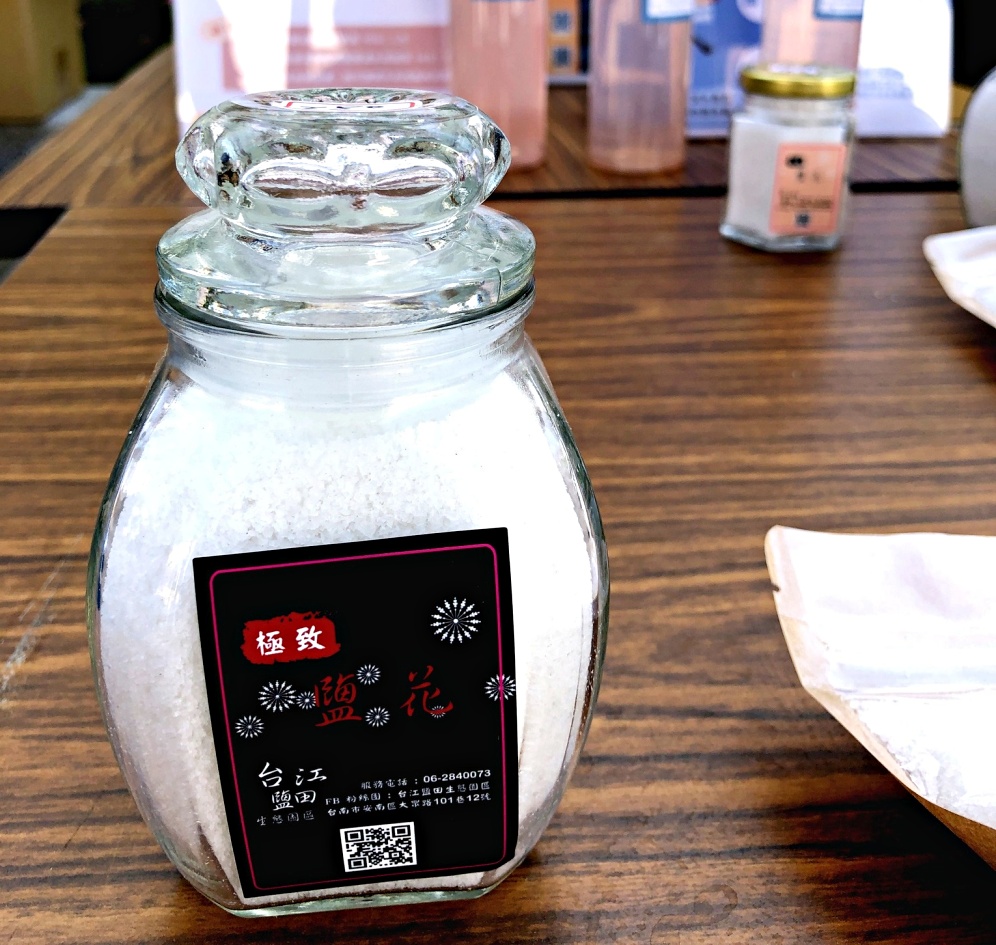
Not far from Qigu, the Sangu Community has launched local products such as crispy fried shallots and fermented tofu. With the efforts of returning youths, community-made cultural and creative crafts such as hanging decorations made with Asian hard clam shells and net bags weaved using fishnet weaving techniques have surged in popularity. Strolling around Sangu with the locals, visitors can fully enjoy the culture and natural landscape of Sangu at a relaxed pace. In response to the COVID-19 pandemic, community youngsters stepped up digital marketing to welcome visitors to participate in fun and educational micro-tours in the farming village.
